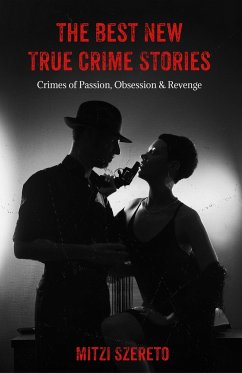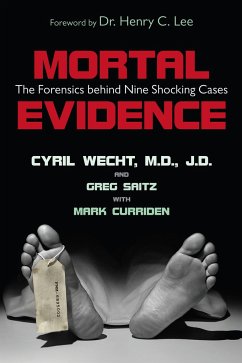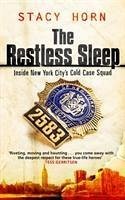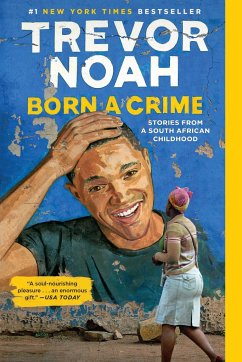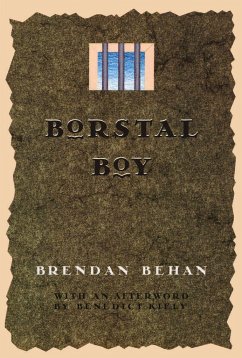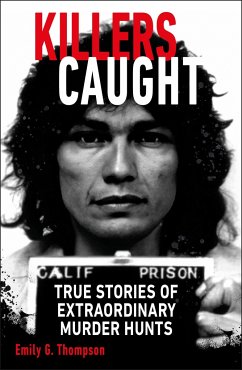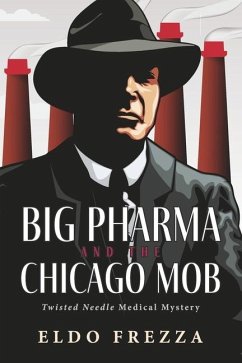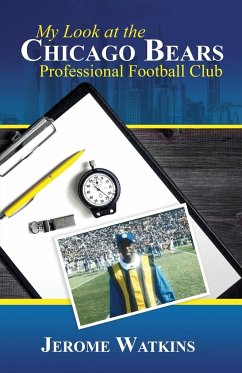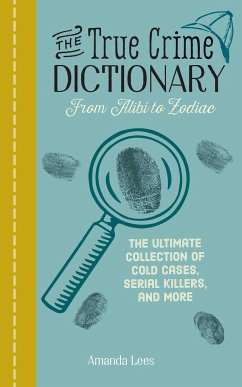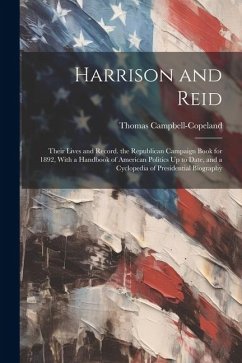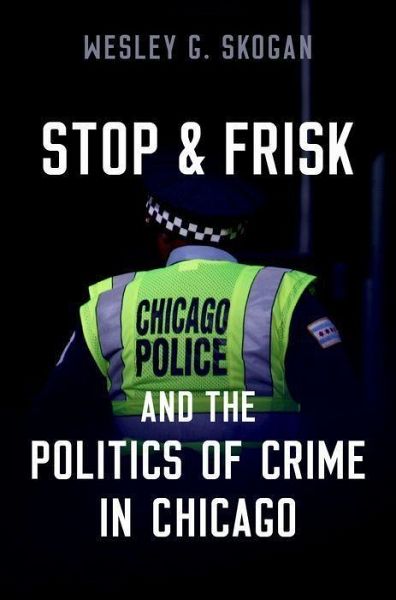
Stop & Frisk and the Politics of Crime in Chicago
Versandkostenfrei!
Versandfertig in über 4 Wochen
33,99 €
inkl. MwSt.

PAYBACK Punkte
17 °P sammeln!
In Stop & Frisk and the Politics of Crime in Chicago, Wesley G. Skogan offers a comprehensive analysis of the stop & frisk policy, its origins as Chicago's predominant strategy for responding to violent crime, and its impact on public opinion. Drawing on a crime database of over 14 million incidents, interviews with 1,450 Chicagoans and 714 police officers, and the author's 30 years of studying, talking to, and riding along with Chicago police officers, Skogan looks at the inner workings of police departments and the history and politics of crime prevention that motivate these policies. Rather...
In Stop & Frisk and the Politics of Crime in Chicago, Wesley G. Skogan offers a comprehensive analysis of the stop & frisk policy, its origins as Chicago's predominant strategy for responding to violent crime, and its impact on public opinion. Drawing on a crime database of over 14 million incidents, interviews with 1,450 Chicagoans and 714 police officers, and the author's 30 years of studying, talking to, and riding along with Chicago police officers, Skogan looks at the inner workings of police departments and the history and politics of crime prevention that motivate these policies. Rather than looking at individual stops and how they are handled, he argues for considering stop & frisk as an organizational strategy, intimately tied to the move from reactive to preventive policing.



